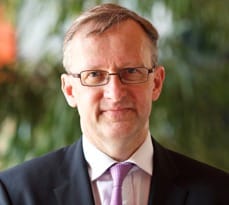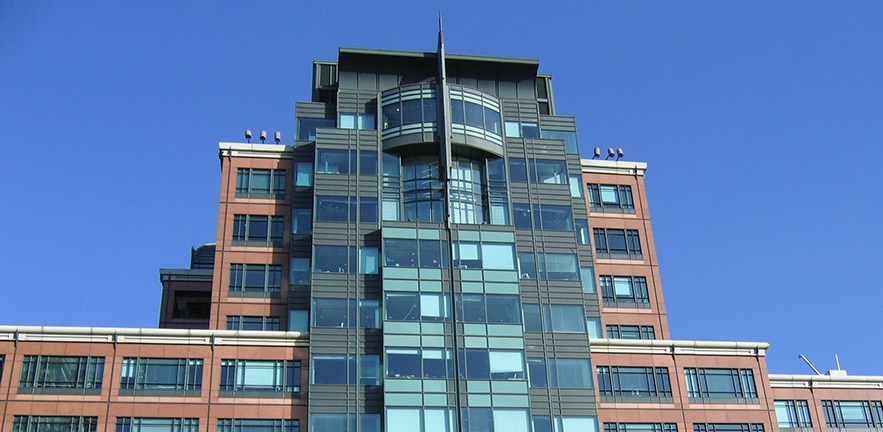Michael Kitson, University Senior Lecturer in International Macroeconomics at Cambridge Judge Business School, was a guest on the first episode of a new series of podcasts by the European Bank for Reconstruction and Development (EBRD), which focused on Brexit.

The first episode of the podcast series, entitled Pocket Dilemmas, was recorded 3 April in front of a live audience at EBRD headquarters in the City of London. The podcast looked at Brexit’s impact on the EBRD region, which includes 30 economies inside and outside the European Union.
“There will be some winners, but they are vastly outnumbered by the losers” from Brexit, Michael said. “The biggest loser is the UK, and the second-biggest loser is going to be Ireland, because it’s the issue of proximity and the border.”
Other guests on the podcast included Sergei Guriev, EBRD Chief Economist, and Elina Ribakova, Deputy Chief Economist at the Institute of International Finance and Visiting Fellow at Brussels-based think tank Bruegel. The podcast series is hosted by Jonathan Charles and Kerrie Law of the EBRD.
Michael said that 3 big channels will be affected by Brexit: trade, migration and investment.
“There will be more distortions in trade. Supply chains will be disrupted, especially in the UK, and that’s going to have an adverse effect on both trading partners,” while Brexit’s impact on migration will “particularly affect the innovation performance of the UK economy,” Michael said.
As for investment: “Firms are likely to move out of the UK because of the disruptions in trade, access to labour, issues about innovation, and disruption to supply chains, and they are likely to move particularly into the single European market but also into other countries.
“So the big loser is the UK. Other countries will lose but there may be some that will gain, particularly by gaining skilled labour and by gaining investment coming back to their country,” Michael said.


